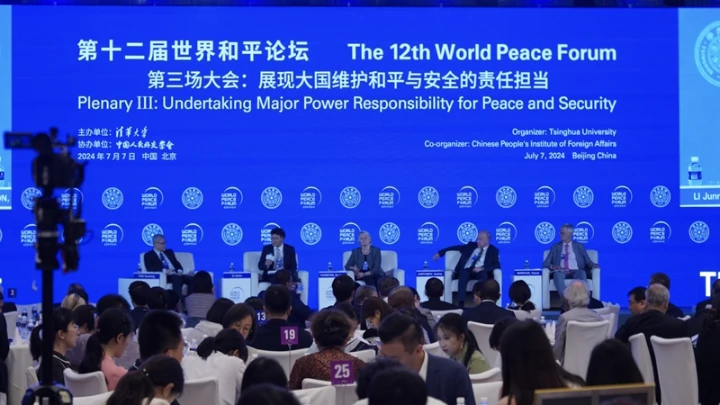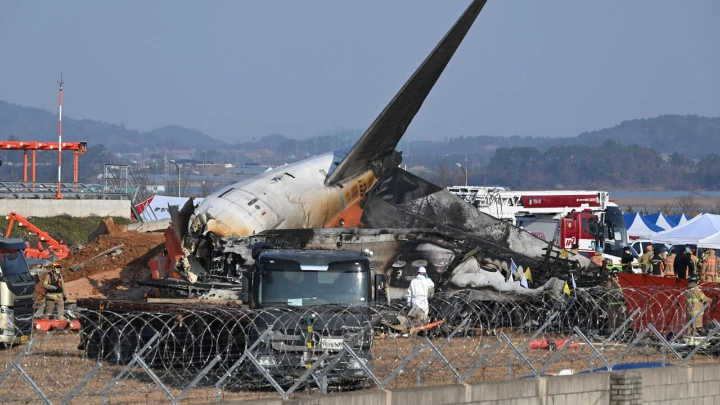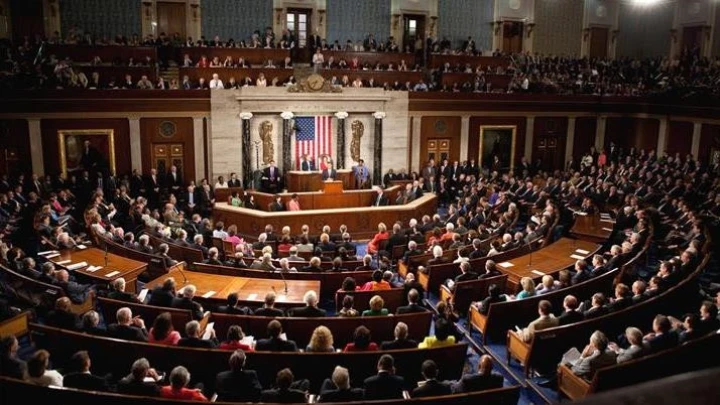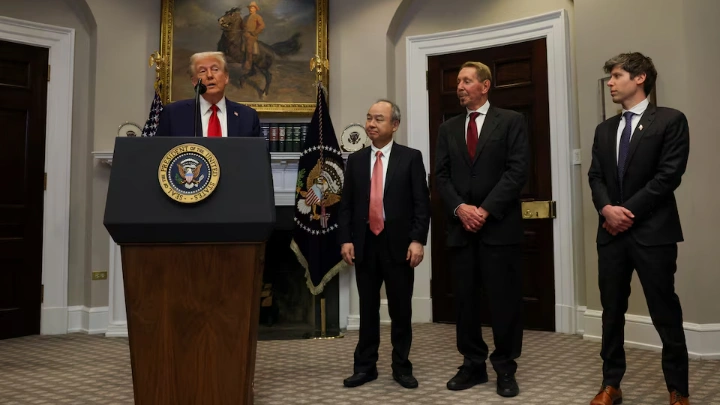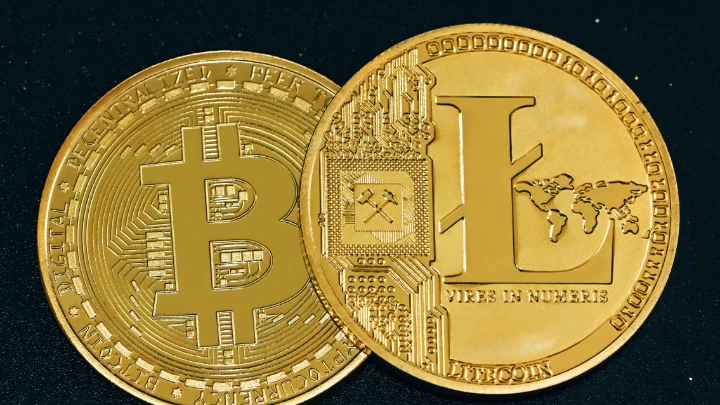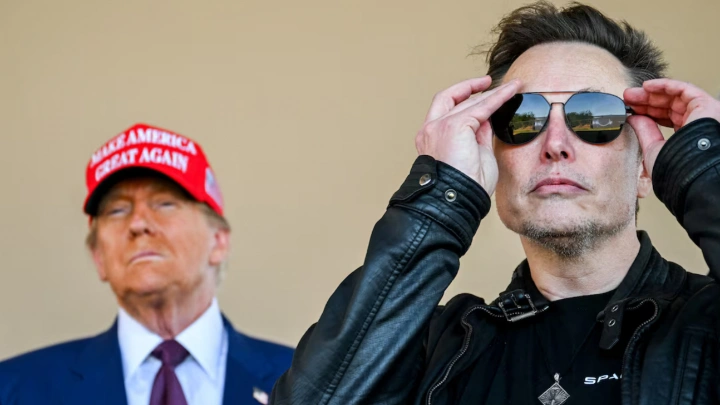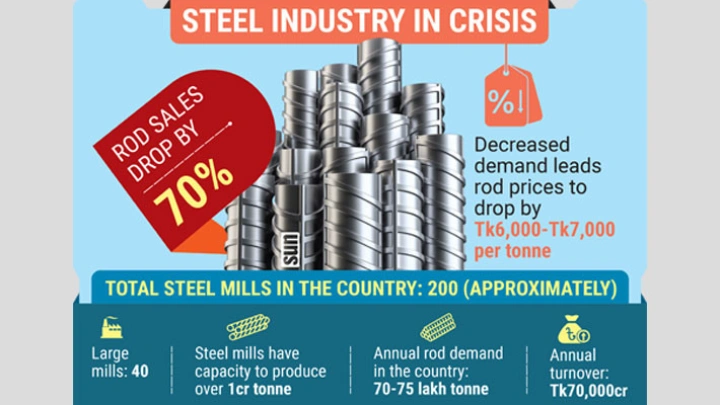Joint contribution to global security governance urged at Peace Forum
GlobalTimes || Shining BD
Chinese officials, foreign diplomats and scholars called for joint contributions to improving global security governance, safeguarding fairness and justice and promoting international security cooperation at the 12th World Peace Forum during the weekend.
While the Ukraine crisis and the war in Gaza are currently the focal points of global security concerns, some attendees said the rising tensions in Asia, especially in the South China Sea, have become worrisome.
As the world is undergoing profound changes unseen in a century, China, as a permanent member of the UN Security Council and an important member of the Global South, will always stay on the right course in the changing world, Chinese Vice President Han Zheng said in his address to the opening ceremony of the forum in Beijing on Saturday.
Han put forward three proposals, including adhering to peaceful coexistence, advocating common security and promoting openness and inclusiveness.
This year marks the 70th anniversary of the Five Principles of Peaceful Coexistence, and China will always adhere to its foreign policy purposes of safeguarding world peace and promoting common development, and inject greater stability and certainty into the world, the senior Chinese official said.
China advocates a concept of common, comprehensive, cooperative and sustainable security, and will actively explore and practice solutions with Chinese characteristics to address hotspot issues and strive to solve global security challenges, Han said.
To promote world peace and development, all countries should uphold the concept of openness and inclusiveness. China is ready to work with other countries to jointly safeguard world peace and stability, he said.
In order to preserve peace, we have to get more cooperation among major powers, middle powers, and other powers. We have really got to focus on diplomacy to move these conflicts toward negotiations, Susan Thornton, former Acting Assistant Secretary of State for East Asian and Pacific Affairs and Senior Fellow at Yale Law School, told the Global Times at the forum.
"And China can play a big role in that," she said, noting that she thinks that China has a lot of connections and respectability from multiple countries. "And I'd like to see, frankly, on this war in Ukraine that I talked about China playing a bigger role to move the process toward a negotiated settlement."
However, some experts warned that amid the drift toward de-globalization, the major trend in the international order is increasing division rather than cooperation.
"I believe that [great power competition] will remain intense. This year's de-globalization trend is no longer limited to the economic field, de-globalization in the political field has already begun," said Yan Xuetong, dean of the Institute of International Relations at Tsinghua University and secretary general of the forum.
Political isolationism is becoming more severe. Isolationism does not mean complete seclusion but rather a reduction in international interactions, becoming more club-like, and selectively engaging with other countries, Yan noted.
Yan pointed out that the US is simultaneously promoting "NATO in the Asia-Pacific" and drawing in certain countries in the region to establish a regional alliance system, with the intention of creating an "Asia-Pacific version of NATO." At present, it seems that the US still faces difficulties in achieving this.
In the context of de-globalization, the East Asian region is relatively peaceful, but in the coming year, there is a need to be vigilant toward the formation of a multilateral military alliance similar to NATO in East Asia to ensure the region's peace, he warned.
Asia security in focus
As leaders of Japan, South Korea, Australia and New Zealand are arranging a meeting this week on the sidelines of the NATO summit in Washington, a former Japanese senior official warned during the forum that Japan should not fall into the trap of the "values diplomacy" promoted by the US.
Over the past few years, the Japanese government has not only failed to act as a bridge in China-US relations but has also become the most reliable ally of the US in military and diplomatic matters. This largely reflects Japan's tendency to follow in the US' footsteps after its defeat in World War II, former prime minister of Japan Yukio Hatoyama said at a plenary session of the forum.
The former Japanese prime minister also called on Japan to act as a bridge in China-US relations and work to ease and manage opposition between the world's two largest economies, which aligns best with Tokyo's national interests.
Besides NATO's outreach to Asia, which worries many attendees at the forum, some consider the rising tension between China and the Philippines in the South China Sea is also worrisome.
I hope it will not become a potential flashpoint between China and the US, Douglas Paal, distinguished fellow of the Carnegie Endowment for International Peace, told the Global Times during the forum.
Paal believes the latest diplomatic consultation between China and the Philippines is a sign of progress, but "they may or may not succeed," he said.
He noted that US policy signals more recently indicate that it has doubled down on commitments under the long-standing mutual defense treaty with the Philippines, demonstrating material support while rhetorically calling for restraint.
"The US has been distracted in the Middle East, Afghanistan and other places, and we have paid less attention to the Asia-Pacific, to the Philippines," Paal said, noting that the US needs to pay more attention to its relations with the Philippines now.
Some Chinese experts warned that the disputes in the South China Sea have nothing to do with the US, yet it has been long interfering in it, and the US has also significantly shifted its policy.
"If the US wants to incorporate South China Sea disputes into its Asia-Pacific strategy and use them as a tool for strategic competition with China, it will lead to conflicts between the two sides," Wu Xinbo, director of the Center for American Studies at Fudan University, said at a panel discussion during the forum.
For China, we understand that Philippine President Ferdinand Marcos Jr's stance is very different from his predecessor, who was more pragmatic and low-key. "The manipulation behind this shift is due to the US, and this ensures competition over the South China Sea issue," Wu said.
If the US changes its previous policy on the South China Sea, for example, by previously not taking a stance on disputed claims, but now it changes this stance to intervening in some conflicts and disputes, it will only make them more complicated, Wu added.
Shining BD

